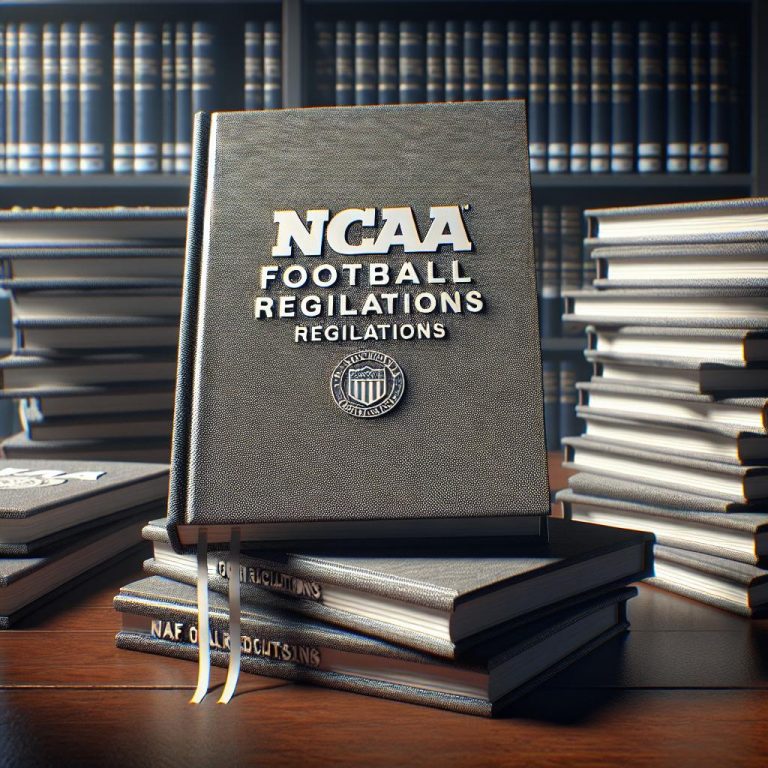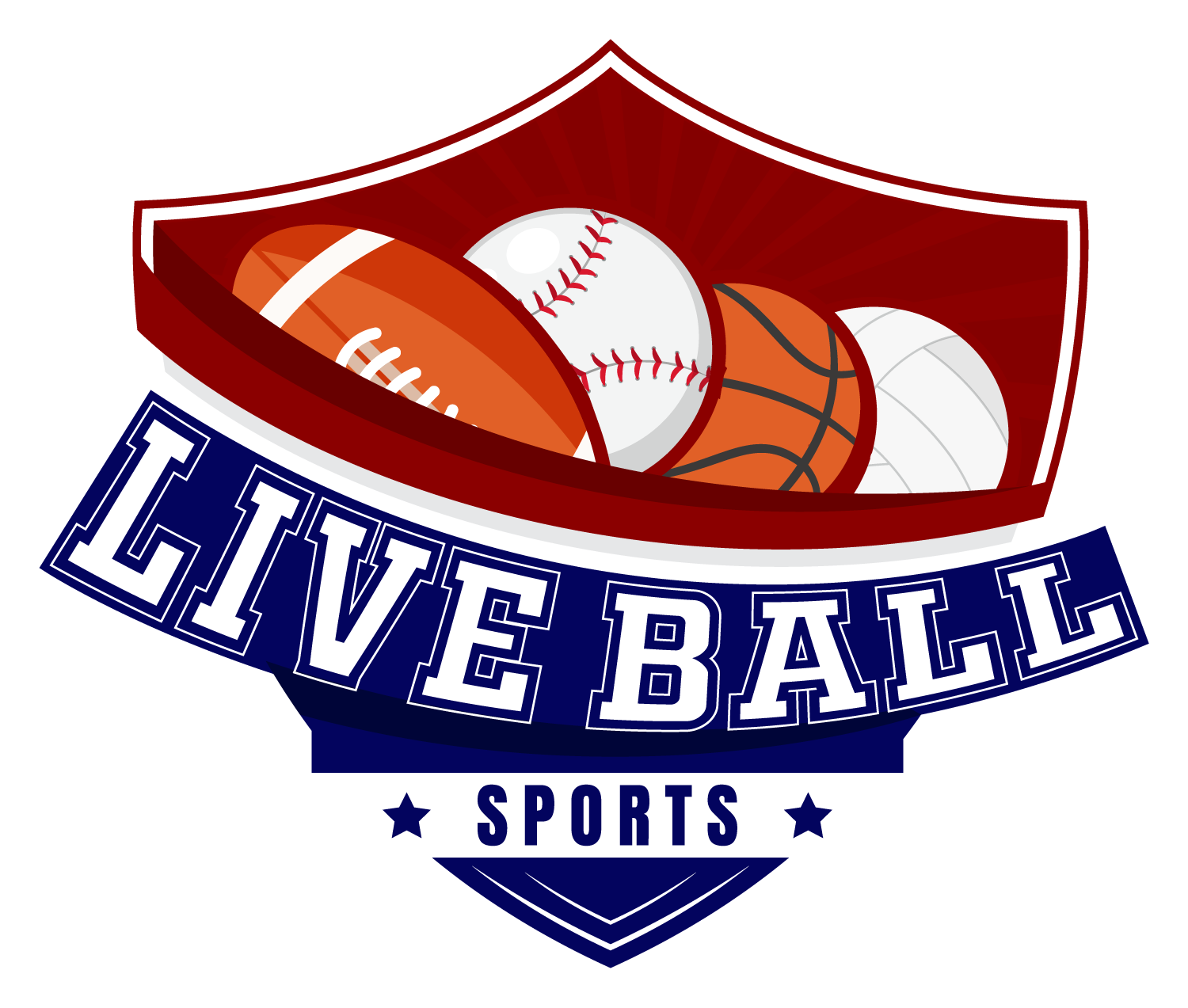Las Vegas, NV – The world of college sports is experiencing significant changes due to name, image, and likeness (NIL) deals, and recent developments are raising concerns about the fairness and functionality of this new landscape. In a recent move, UNLV quarterback Matthew Sluka decided to end his season by using his redshirt year, a decision linked to a verbal promise of a $100,000 NIL deal from an assistant coach. This promise remains unfulfilled, prompting Sluka to take the step back.
Charlie Baker, the president of the NCAA, commented on the broader implications of this situation. In a statement, he expressed frustration over the “dysfunction in today’s NIL environment” and emphasized his hope that Congress will step in to create national guidelines for these types of endorsement deals. Baker highlighted the critical need for “standard contracts” to protect student-athletes from being exploited. While he didn’t mention Sluka directly, his remarks about “promises made but not kept” seemed to address the problem head-on.
The growing number of unresolved NIL promises has led to calls for a structured approach to these deals, with the NCAA currently unable to enforce its own recommended terms. This week, lawyers filed a revised proposal in a case that could lead to a settlement of $2.78 billion for current and former college athletes. Under this agreement, known as a revenue-sharing deal, many of the NCAA’s oversight powers over NIL deals would be limited.
The proposed settlement aims to last a decade, but its success may hinge on legislative changes and the possible emergence of unionization among college athletes. As Baker concluded in his statement, there is a pressing need for national guidelines to safeguard the interests of student-athletes and ensure that promises made in NIL agreements are kept.



